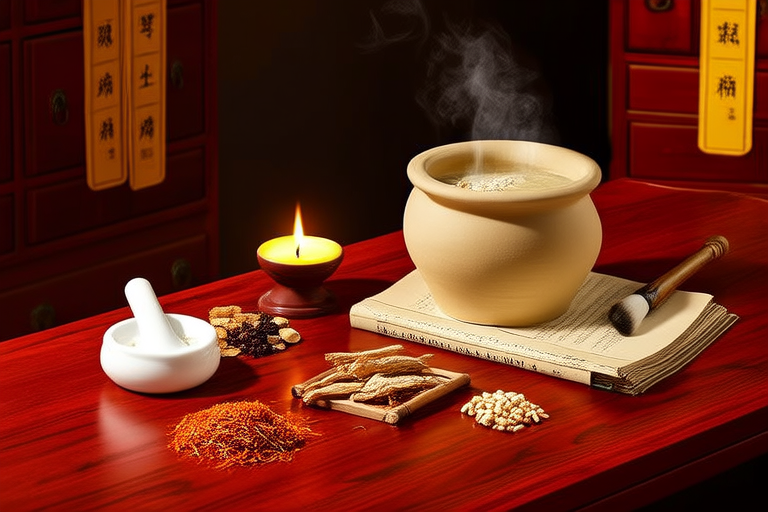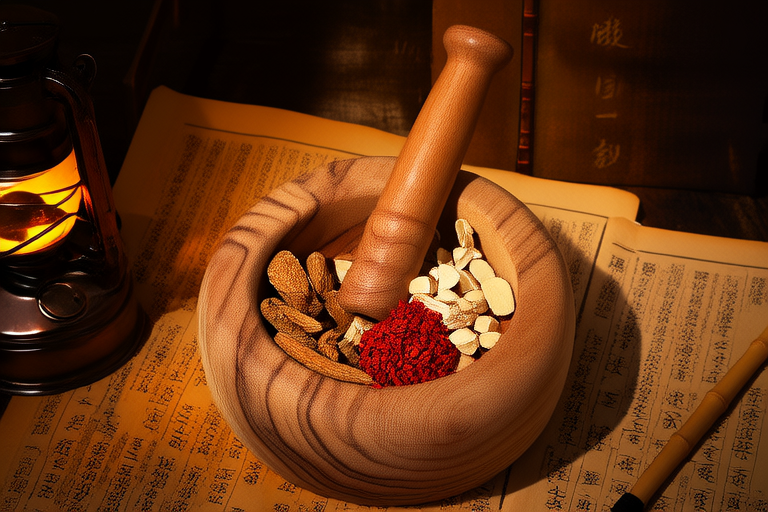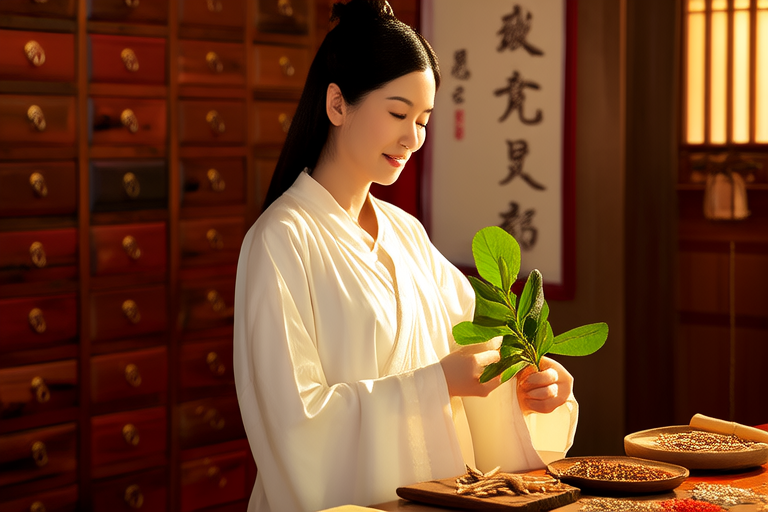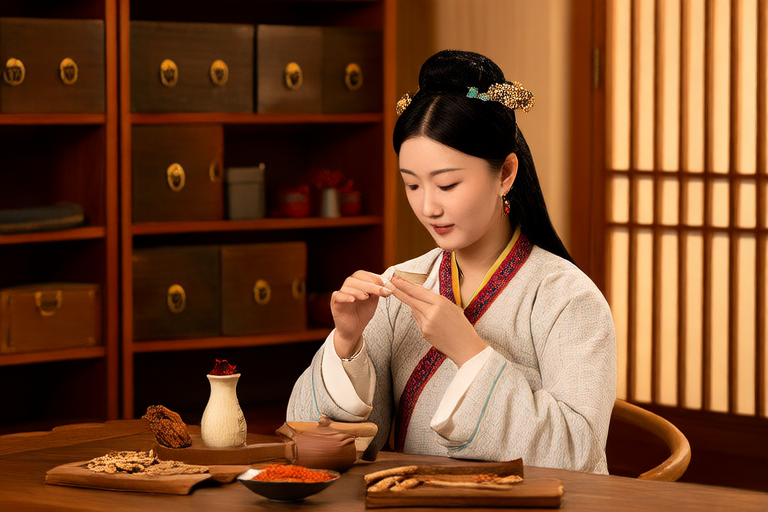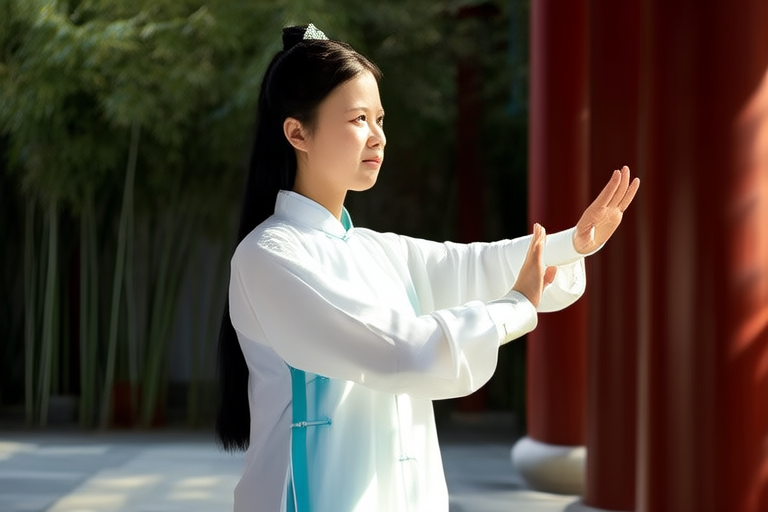Wisdom of Traditional Chinese Medicine and Health Preservation
The wisdom of traditional Chinese medicine (TCM) has been practiced for thousands of years and is still relevant today. It emphasizes the importance of maintaining health through natural means, focusing on the balance of body, mind, and spirit. This article explores the fundamental concepts of TCM, the significance of health preservation, and common methods of health preservation, such as dietary therapy, exercise, and emotional regulation. By integrating ancient and modern perspectives, it highlights how one can maintain health naturally.
Basic Concepts of Traditional Chinese Medicine
The basic concept of TCM is based on the belief that the human body is an integrated whole, and its health depends on the harmonious interaction between various systems. The core idea of TCM is “yin-yang,” which represents two opposing but complementary forces. Yin and yang are always in dynamic equilibrium, and their balance is essential for health. Another important concept is “qi,” which refers to the vital energy flowing throughout the body. Qi is believed to be the driving force behind all physiological functions and plays a crucial role in maintaining health. Finally, TCM also emphasizes the importance of the five elements: wood, fire, earth, metal, and water. These elements correspond to different organs and meridians in the body and influence each other in a cyclical manner.
The Importance of Health Preservation
Health preservation is an essential part of TCM. It aims to prevent diseases before they occur and promote longevity. In TCM, disease prevention is more critical than treatment. By maintaining good health, people can avoid many potential health problems. Moreover, health preservation can help people lead a more fulfilling life by enhancing their physical and mental well-being. Modern research has also shown that health preservation can reduce the risk of chronic diseases, such as cardiovascular disease and diabetes. Therefore, it is essential to incorporate health preservation into daily life.
Dietary Therapy
Dietary therapy is an important method of health preservation in TCM. It emphasizes the importance of eating a balanced diet that suits one’s constitution. TCM categorizes food into different flavors, such as sweet, sour, bitter, spicy, and salty, each with specific effects on the body. For example, sweet foods have a nourishing effect, while sour foods can strengthen the liver. Moreover, TCM also considers the properties of food, such as cold, hot, warm, and cool. People should choose food that matches their body’s needs and avoid excessive consumption of certain types of food. For instance, people with a yin deficiency should eat more cooling foods, such as cucumbers and watermelons, while those with a yang deficiency should eat more warming foods, such as ginger and garlic. Modern nutrition science also supports the idea of a balanced diet. However, TCM provides a more holistic approach by considering the individual’s constitution and the season.
Exercise for Health
Exercise is another important method of health preservation in TCM. TCM believes that regular exercise can promote the flow of qi and blood, enhance the function of the internal organs, and improve overall health. Tai chi and qigong are popular forms of exercise in TCM. Tai chi is a slow-moving martial art that combines movement, breathing, and meditation. Qigong is a set of exercises that focus on regulating breath and cultivating qi. Both tai chi and qigong emphasize the importance of relaxation and mindfulness. They can help people reduce stress, improve flexibility, and enhance mental clarity. In modern times, many people have realized the benefits of exercise for health. However, TCM provides a more comprehensive approach by combining exercise with meditation and breathing techniques.
Emotional Regulation
Emotional regulation is also an essential aspect of health preservation in TCM. TCM believes that emotions have a significant impact on health. For example, anger can damage the liver, worry can harm the spleen, and fear can affect the kidneys. Therefore, it is crucial to regulate emotions and maintain a positive attitude. TCM recommends various methods for emotional regulation, such as meditation, self-reflection, and seeking support from friends or family. In modern times, many people experience high levels of stress due to work and life pressures. Emotional regulation can help them manage stress and improve their mental health. Moreover, emotional regulation can also enhance interpersonal relationships and promote social harmony.
Integration of Ancient and Modern Perspectives
Although TCM has been practiced for thousands of years, it is still relevant today. Many of its principles and methods have been validated by modern research. For example, the importance of a balanced diet and regular exercise has been widely recognized in modern medicine. Moreover, TCM provides a more holistic approach to health preservation by considering the individual’s constitution and the season. It also emphasizes the importance of emotional regulation and social connections, which are often overlooked in modern medicine. By integrating ancient and modern perspectives, we can develop a more comprehensive approach to health preservation that promotes both physical and mental well-being.
Conclusion
The wisdom of traditional Chinese medicine offers valuable insights into health preservation. It emphasizes the importance of maintaining balance in body, mind, and spirit through natural means. By incorporating dietary therapy, exercise, and emotional regulation into daily life, people can enhance their physical and mental well-being and lead a more fulfilling life. Although TCM has been practiced for thousands of years, it remains relevant today. By integrating ancient and modern perspectives, we can develop a more comprehensive approach to health preservation that promotes both physical and mental well-being.






